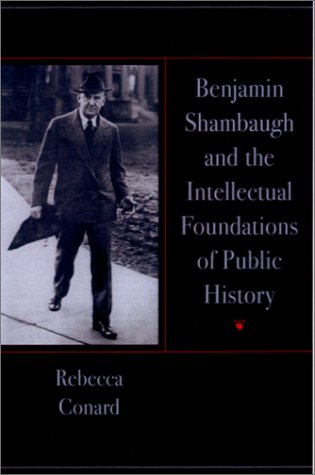

Most ebook files are in PDF format, so you can easily read them using various software such as Foxit Reader or directly on the Google Chrome browser.
Some ebook files are released by publishers in other formats such as .awz, .mobi, .epub, .fb2, etc. You may need to install specific software to read these formats on mobile/PC, such as Calibre.
Please read the tutorial at this link: https://ebookbell.com/faq
We offer FREE conversion to the popular formats you request; however, this may take some time. Therefore, right after payment, please email us, and we will try to provide the service as quickly as possible.
For some exceptional file formats or broken links (if any), please refrain from opening any disputes. Instead, email us first, and we will try to assist within a maximum of 6 hours.
EbookBell Team

4.3
98 reviewsAlthough his name is little known today outside Iowa, during the early part of the twentieth century Benjamin Shambaugh (1871–1940) was a key figure in the historical profession. Using his distinguished career as a lens, Conard's seminal work is the first book to consider public history as an integral part of the intellectual development of the historical profession as a whole in the United States.
Conard draws upon an unpublished, mid-1940s biography by research historian Jacob Swisher to trace the forces that shaped Shambaugh's early years, his administration of the State Historical Society of Iowa, his development of applied history and commonwealth history in the 1910s and 1920s, and the transformations in his thinking and career during the 1930s. Framing this intriguingly interwoven narrative are chapters that contextualize Shambaugh's professional development within the development of the historical profession as a whole in the late nineteenth and early twentieth centuries and assess his career within the post-World War II emergence of the modern public history movement.
Shambaugh's career speaks to those who believe in the power of history to engage and inspire local audiences as well as those who believe that historians should apply their knowledge and methods outside the academy in pursuit of the greater public good.